Search
Search within Ghana
10 results found

Background Reports
Understanding Framings and Perceptions of Spillover: Preventing Future Outbreaks of Bat-Borne Zoonoses?
Bats provide many ecosystem services and have intrinsic value. They also act as host reservoirs for some viruses. Several studies have linked zoonotic diseases to bats, raising questions about the risks bats pose, especially to people living close to bat…
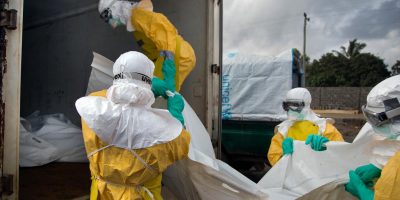
Background Reports
Socio-cultural Determinants of Human-Bat Interaction in Rural Ghana
Bats are known to be a natural reservoir for a lot of disease pathogens and can spread several diseases. All 11 genera of fruit bat found in West Africa are found in Ghana, and human-bat interactions are common. However, there…
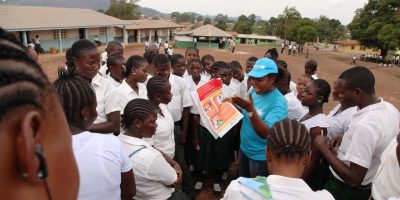
Background Reports
Socio Cultural Perceptions of Communities in Kassena-Nankana District of Upper East Region towards Cerebro Spinal Meningitis
Perceptions of the causes of Cerebrospinal Meningitis, its treatment and prevention, as well as reasons for the blatant refusal by some sections of the communities to vaccinate against the disease in the wake of the big epidemic of the meningitis…
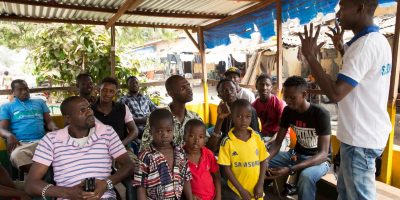
Background Reports
Living with Bats: The Case of Ve Golokuati Township in the Volta Region of Ghana
Transmission of zoonotic pathogens from bats to humans through direct and indirect contact with bats raises public apprehension about living close to bats. In the township of Ve Golokuati in Ghana, several “camps” of Epomophorus gambianus roost in fruit trees…
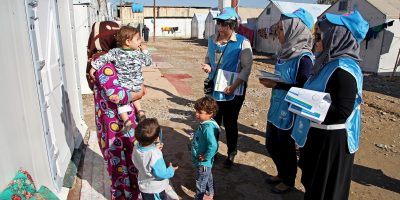
Background Reports
Knowledge, Attitudes, and Practices Related to Meningitis in Northern Ghana
Meningitis has a significant impact in the Sahel, but the mechanisms for transmission and factors determining a person’s vulnerability are not well understood. Our survey examined the knowledge, attitudes, and practices of people in a meningitis-endemic area in the Upper…
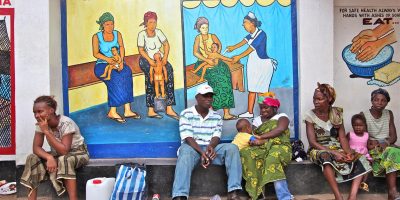
Briefings
Controversial Ebola Vaccine Trials in Ghana: A Thematic Analysis of Critiques and Rebuttals in Digital News
Communication is of paramount importance in responding to health crises. The authors studied the media messages put forth by different stakeholders in two Ebola vaccine trials that became controversial in Ghana. These interactions between health authorities, political actors, and public…
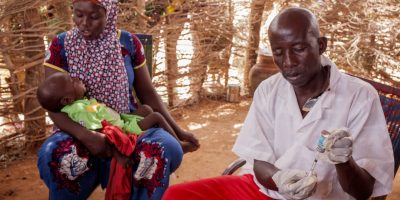
Background Reports
Community Perception and Beliefs About Blood Draw for Clinical Research in Ghana
Clinical research participants often express concerns about blood draw because of misconceptions about the uses to which the blood will be put. Their comments can generate rumours in their communities, thereby affecting rates of recruitment to research studies and increasing…
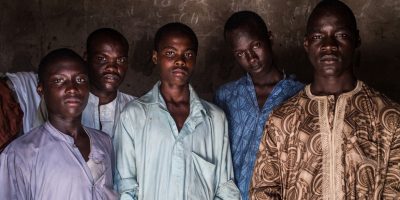
Evidence Reviews
Gold Mining Pollution and the Cost of Private Healthcare: The Case of Ghana
To attract greater levels of foreign direct investment into their gold mining sectors, many mineral-rich countries in sub-Saharan Africa have been willing to overlook serious instances of mining company non-compliance with environmental standards. These lapses in regulatory oversight and enforcement…
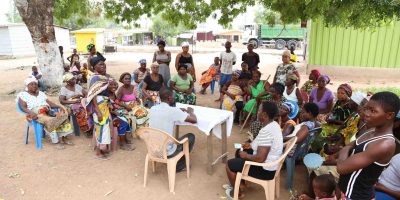
Evidence Reviews
Research Update and Situation Analysis – Ghana
The Dynamic Drivers of Disease in Africa Consortium is an ESPA1-funded research programme designed to deliver much-needed, cutting-edge science on the relationships between ecosystems, zoonoses, health and wellbeing with the objective of moving people out of poverty and promoting social…
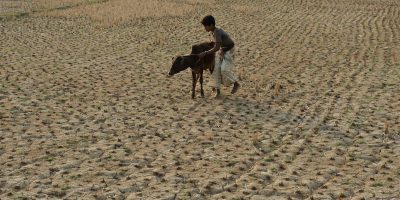
Background Reports
Zoonotic Diseases: Who Gets Sick, and Why? Explorations from Africa
Global risks of zoonotic disease are high on policy agendas. Increasingly, Africa is seen as a 'hotspot', with likely disease spillovers from animals to humans. This paper explores the social dynamics of disease exposure, demonstrating how risks are not generalised,…


